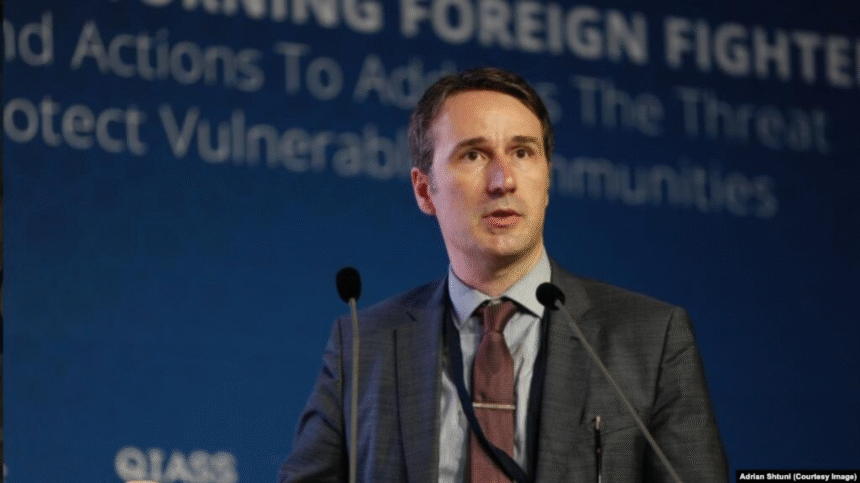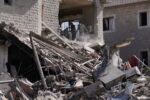Adrian Shtuni, a foreign policy and security expert based in Washington, has commented on Kosovo’s ongoing political deadlock following the recent elections, noting that six months later, the country remains without fully functioning institutions.
Shtuni emphasized that the failure to constitute the Assembly is not the primary issue but a symptom of a deeper political crisis rooted in the lack of vision and leadership.
“I hope clarity will come soon, but I am not very optimistic because this situation is neither sudden nor accidental. The non-constitution of the Assembly is not the problem itself; it is a symptom of a fundamental crisis of vision and leadership in Kosovo’s current politics. The question is: who benefits from this situation, and who is responsible for leaving the country stranded—without an Assembly, without a government, paralyzed both domestically and internationally, as well as economically?” he told Express.
He added, “Let’s be clear, I am not speaking metaphorically. Of the three branches that make up Kosovo’s governance system, the legislative and executive branches are paralyzed, and the only functioning branch, the judiciary, is being attacked and undermined by politics. This is an absurd situation where the state is sabotaging and attacking itself. Again, I ask: who gains from this, and who is accountable?”
Shtuni stressed that the responsibility to find a solution falls primarily on Kosovo’s political class, especially the party that won the elections.
“Regardless, the obligation to find a solution lies with Kosovo’s political class, primarily the party that secured the majority of votes. This responsibility cannot be delegated to foreign politicians or diplomats. Deputies are elected and paid to find solutions, not to delay problems. The Constitutional Court, in its ruling on August 8, was clear in outlining the procedures and instructing the deputies elected by the people to choose Assembly leaders within 30 days. Compliance with this order is a legal responsibility. However, we know that simply electing Assembly leaders will not resolve the broader crisis that has gripped the country. A deeper political compromise must be found, possibly with the assistance of mediators. One thing is clear: this self-inflicted crisis cannot continue much longer, as the consequences for the country will be severe and cannot be blamed on anyone else,” Shtuni concluded.







